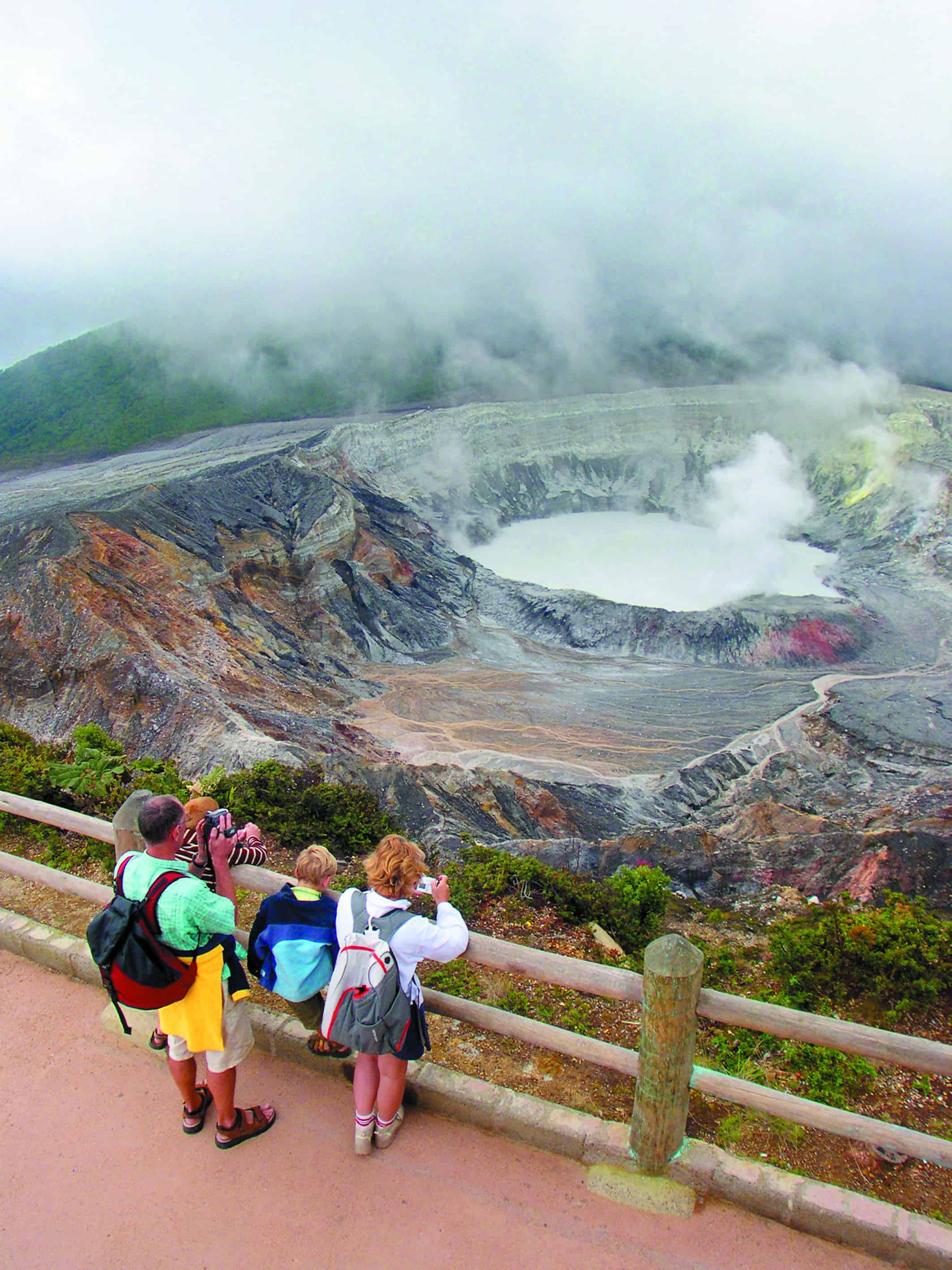A recent evaluation of Route 27, the vital link between Costa Rica’s Greater Metropolitan Area and the Pacific coast, has unveiled a mix of positive and concerning findings. The National Laboratory of Materials and Structural Models of the University of Costa Rica (LanammeUCR) conducted the assessment, shedding light on the current state of this crucial highway.
Surface Conditions
While the overall condition of Route 27 is generally good, there is a worrying trend of deterioration in surface quality. The evaluation highlighted several issues:
- Cracking: “Lizard skin” patterns are becoming more prevalent
- Potholes: An increase in road surface depressions
- Aggregate detachment: Loosening of road surface materials
- Exudation: A prohibited condition affecting surface grip
Longitudinal and transverse cracks have also become more frequent compared to previous assessments.
Safety Concerns
The GripTester, used to measure road slip resistance, revealed alarming statistics:
- 6.5% of the San José–Caldera route is classified as “very slippery”
- 5.2% of the Caldera–San José route falls into the same category
These findings are particularly concerning given that exudation, which impacts surface grip, is explicitly prohibited in the project’s bidding guidelines.
Infrastructure and Design Issues
LanammeUCR identified several deficiencies in road safety and mobility:
- Geometric design flaws
- Inadequate road signage
- Road margin issues
- Lack of vehicle containment systems
- Insufficient pedestrian infrastructure
These shortcomings contribute to increased risks for all road users, especially pedestrians and cyclists. Route 27 has also seen a troubling trend in crash incidents:
| Year | Number of Crashes |
|---|---|
| 2016-2019 | 670-800 annually |
| 2020 | 329 (pandemic year) |
| 2021 | 726 |
| 2023 | 1,097 (record high) |
Of the crashes in 2023, 51% were rear-end collisions. Radial roads connected to Route 27 reported between 18 and 32 fatal or injury crashes annually, with motorcycles involved in 47.2% of these incidents.
Environmental Factors
A preliminary slope evaluation identified 56 unstable sites along Route 27. Poor management of surface runoff and erosion are the primary causes, further contributing to infrastructure vulnerability. While Route 27 continues to serve as a vital transportation artery for Costa Rica, the recent evaluation by LanammeUCR highlights the urgent need for improvements in surface quality, safety measures, and infrastructure design. As traffic volumes continue to grow, addressing these issues will be crucial to ensure the safety and efficiency of this important highway.
Source link
Tico Times



